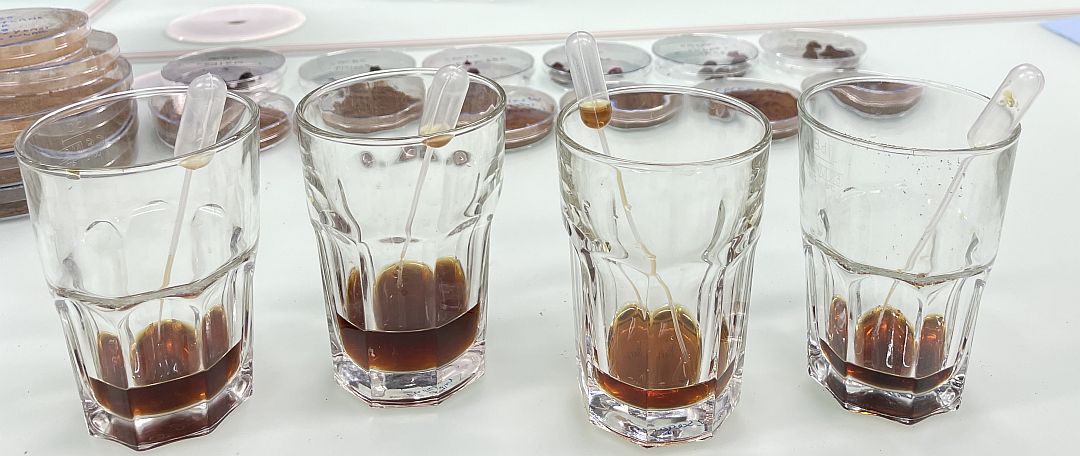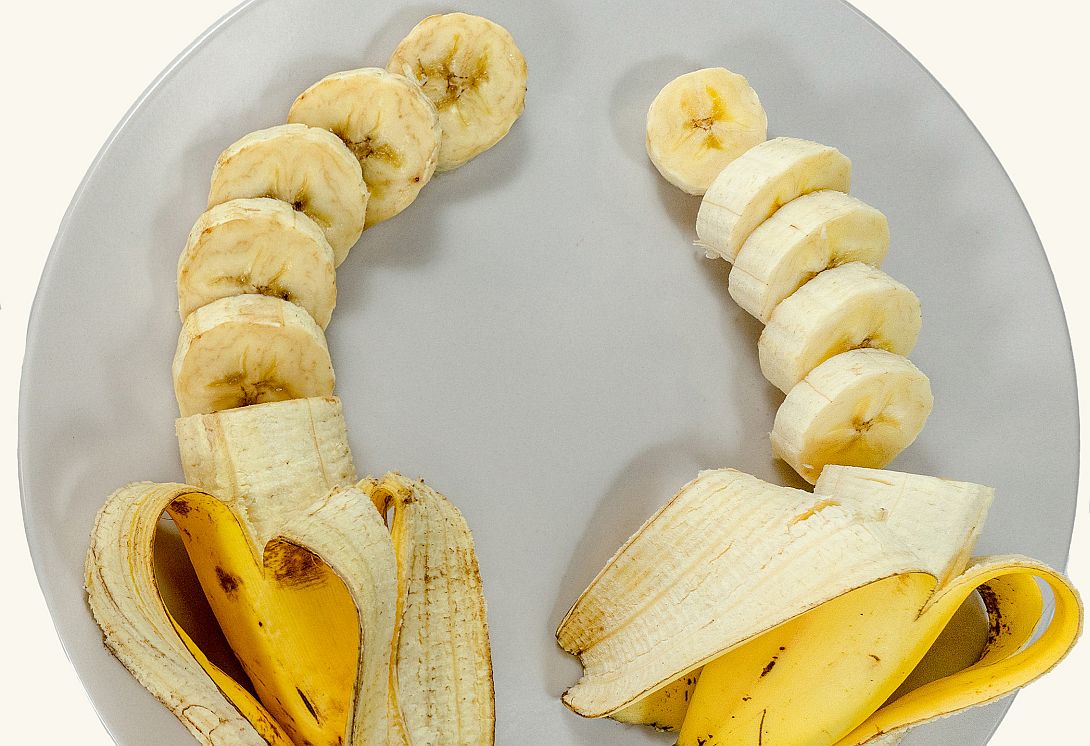“The real risk is that — after nearly three decades of summitry — this year’s [Summit of Americas] may be interpreted as a gravestone on U.S. influence in the region.”
A growing list of Latin American heads of state have either point blank rejected the idea of attending the upcoming Summit of Americas, an international summit meeting that President Joe Biden is supposed to be hosting in Los Angeles in June, or are threatening to withdraw unless the leaders of all of the region’s countries are invited.
The seeds of revolt were sown when the US State Department announced in late April that the Cuban, Venezuelan and Nicaraguan governments would probably be excluded from the Summit. Speaking to a small group of reporters, U.S. Assistant Secretary of State Brian Nichols said “they are unlikely to be there,” adding that the summit was only open to the Western Hemisphere’s democracies.
The Biden Administration’s hypocrisy is, as often, palpable. No government, Western or otherwise, has done more to topple democratically elected sovereign governments and prop up autocratic regimes in Latin America (and elsewhere) than the US. In the past 13 years alone Washington has supported two successful military coups in the region, one in Honduras in 2009, the other in Bolivia in 2019. Former Bolivian President Evo Morales, who himself was the latest in a long succession of Latin American leaders deposed in a US-supported coup summed up Washington’s absurd double standards in a two-sentence tweet:
The United States, author of Operation Condor and armed interventions with massacres, says it will not invite countries that “disrespect democracy” to the Summit of the Americas. The only disrespect is from the US that practices interventionism and orchestrates coups against anti-imperialist countries.
A Long History of Exclusion
Inaugurated in 1994, the Summit of Americas is held every or four three years by the Washington-based Organization of Americas. In the words of its secretariat, the Organization of American States (OAS), “heads of state and government of the Western Hemisphere gather to discuss common concerns, seek solutions and develop a shared vision for the future development of the region.” The member institutions of the Summit’s working group include the OAS, the Inter-American Development Bank (IDB), the World Bank Group, the Pan American Health Organization (PAHO), the International Labour Organization (ILO) and the Economic Commission for Latin America and the Caribbean (ECLAC).
Despite being a founding member of the OAS, Cuba was effectively suspended from the organization between January 31 1962 and June 3, 2009. It has also been the target of the most enduring trade embargo in modern history. For almost the entire time the OAS has been in operation, Cuba has been barred from participating in the summits. That changed in 2015 when the event’s host, Panama, invited the country back into the fold. Three years later, Havana sent its foreign minister to the subsequent Peru Summit.
Apart from Cuba, all 34 member countries have sent representatives to all eight Summits of America since the inaugural summit was held in Miami in 1994, according to Wikipedia. But that is set to change. The Daniel Ortega government recently expelled the OAS from Nicaragua after the organization refused to recognize his recent reelection. Venezuela applied to cancel its membership of OAS in 2017, a process that took all of two years to complete. Also, lest we forget, Washington does not even recognize the current government in Venezuela while its President Nicolas Maduro is wanted by US authorities on narco-terrorism.
As such, it will come as little surprise if these countries do not make the guest list for the LA Summit. But Mexican President Andrés Manuel Lóproppez Obrador (AMLO) is determined to change that. On May 10, he said that unless all the countries in Latin America were invited, he personally would not attend the summit and instead send a representative. Asked by a reporter in Mexico City if this should be seen as a gesture of protest, AMLO responded that it should. It it is time, he said, for policies of exclusion to end:
“Participation in the Los Angeles Summit has not yet been resolved because we are proposing that no one is excluded because we seek the unity of all America. We feel that there should be no confrontation. Even with all the differences, we must seek dialogue… We have a very good relationship with the government of President Biden. We want everyone to be invited. That’s the position of Mexico.”
AMLO had just returned from a tour of Central America that included a stop in Havana where he blasted the U.S. sanctions on the island and called on Biden to invite Havana to the summit.
The White House has since clarified that no definitive decisions have yet been made regarding invitations to the summit. “We haven’t made a decision about who will be invited, and no invitations have been issued yet,” White House Press Secretary Jen Psaki said on Tuesday. But a day later Brian Nichols reiterated, in an interview with El País, that the Biden Administration “does not think it convenient to include countries that do not respect democracy.”
The Boycotts Begin
Since AMLO’s statement on Tuesday, two other heads of state — Luis Alberto Arce Catacora of Bolivia and Xiomara Castro of Honduras — have joined the boycott. Antigua and Barbuda’s ambassador to the United States, Ronald Sanders, cautioned in late April that leaders from most Caribbean Community countries won’t show up to the summit if Cuba is excluded. Sanders told POLITICO that many Caribbean countries would also object if the US invites Juan Guaidó, the Venezuelan opposition leader that Washington handpicked to lead that country.
Brazilian leader Jair Bolsonaro, who has had strained relations with the Biden administration, especially after his refusal to endorse sanctions on Russia, also plans to skip the summit, according to Reuters. Between them Mexico and Brazil account for just over half of Latin America and the Caribbean’s roughly 660 million people, and as things currently stand neither of their heads of state is planning to attend. In other words, as Sanders noted, “we don’t have a Summit of the Americas that is meaningful.”
On Thursday, Mexico’s Foreign Secretary Marcel Ebrard threw extra fuel on the fire by likening AMLO to Barrack Obama, who met with then-president of Cuba Raúl Castro at the 2015 Summit of Americas in Panama. It was the first high-level meeting between both countries for more than half a century and was the first time that Cuba had participated in the Summit of Americas since its inaugural meeting in the US in 1994.
A year later, Trump took office and normality quickly resumed. Within months Cuba was once again designated a terrorist state and the multi-decade embargo was further tightened. Since taking office Biden has also refused to engage with Cuba, while also sticking with Trump’s policy of not officially recognizing Nicolas Maduro’s government and ramping up sanctions pressure on Nicaragua.
It is an approach that is at stark odds with Biden’s professed desire of wanting to establish a new era in relations with Latin America, wrote Ebrard in a tweet.
President López Obrador proposes returning to the path begun by Obama and interrupted since then. Blockades and embargoes only bring suffering to the people, not democracy. Those who criticize us today know this.
Latin American leaders want Biden to unveil new investment and financial support for their countries, according to Politico. But little has emerged so far…
Continue reading on Naked Capitalism
Source link
Author Nick Corbishley






